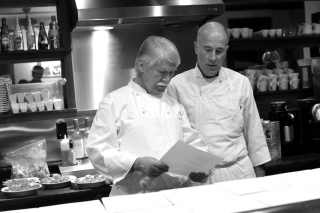
Think Different About Your Student Audience
Tuesday, 01 November 2016 14:39Recreating an institution’s culinary education means focusing on improving people's lives not just offering degrees.

Recreating an institution’s culinary education means focusing on improving people's lives not just offering degrees.
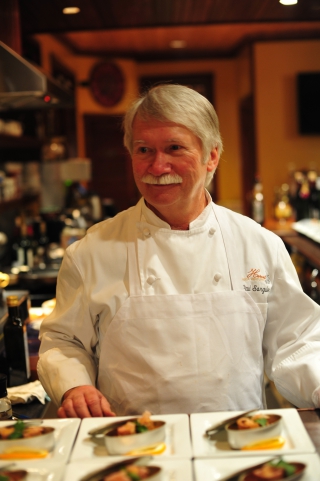
Apprentices were extensively employed for generations through the Guild System. Should administrators come back around to the old structure?
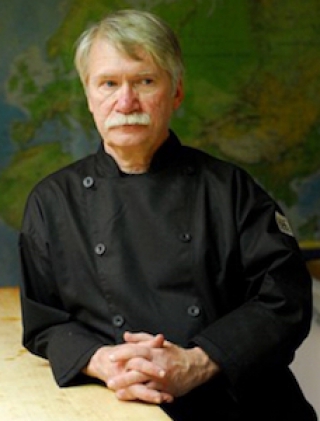
In Case Anyone Has Forgotten…
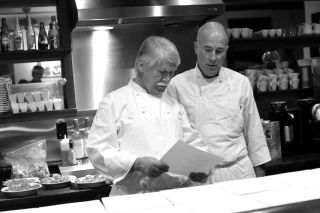
Chef educators are tasked with demands to stay relevant while teaching soon-to-be graduates “kitchen-ready” skills all the while meeting institutional standards. A difficult task that can be accomplished with assistance. Educators, you are not alone!
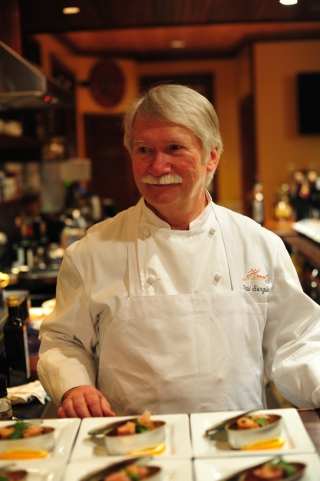
Summer signifies a time to map out successful future program strategies.